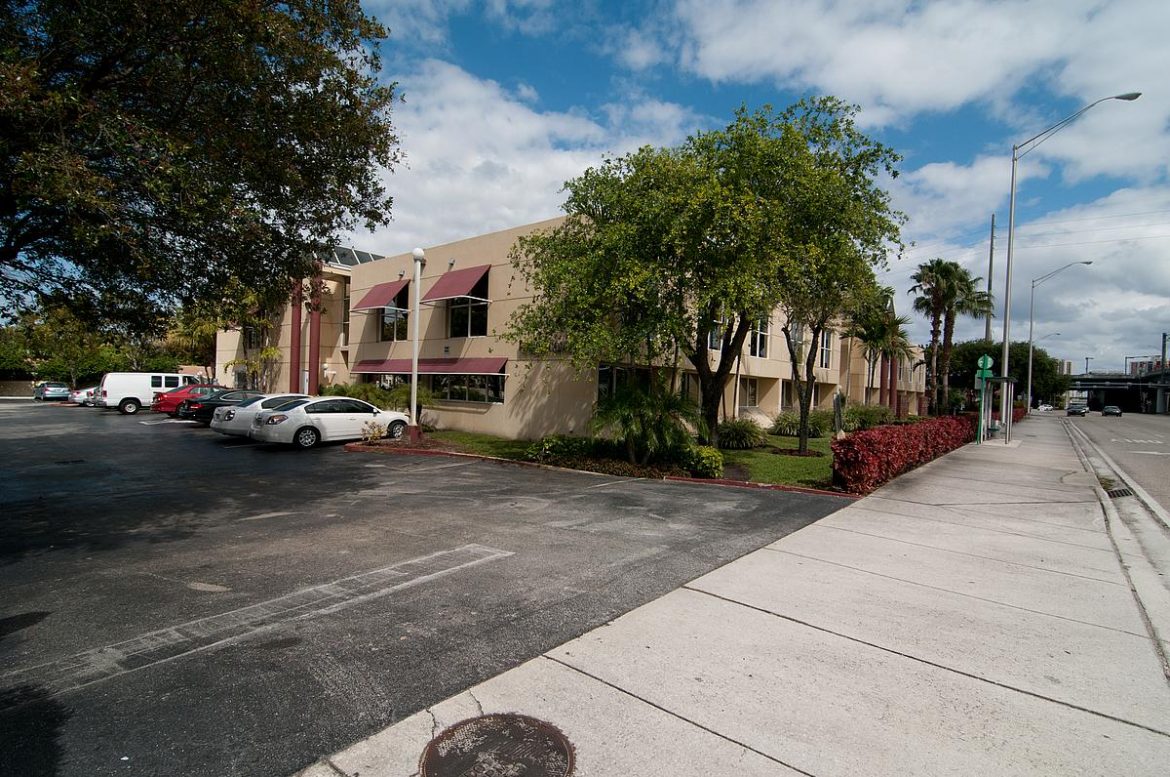A car-free lifestyle and commercial real estate development opportunities are closely intertwined, a Miami Association of Realtors commercial conference panel exploring Transit Oriented Development agreed.
“The real story in Florida is population growth,” said Aaron Stolear, associate vice president of 13th Floor Investments. “We are absorbing 1,000 people a day. We will soon be absorbing 10 million people in the next 20 to 30 years. But there is not enough land or space to grow in the urban core. Without a massive transit system, we won’t be able to sustain our growth.”
Eulois Cleckley, director & CEO of Miami-Dade County Department of Transportation & Public Works, agrees and wants to maximize development of the land around transit. He is an advocate of the Smart plan that includes six rapid transit corridors throughout Miami-Dade.
“Access is important for jobs,” Mr. Cleckley said.
Transit Oriented Development is driven by a decision to enhance or build a web of transit to maximize the space around those transit locations. The panel at the Biltmore Hotel in Coral Gables agreed that with the quick growth and packed urban core of Miami, people need the ability to live all over the county, but with access to transportation to the city.
The conference brought together 270 realtors on Oct. 1 to discuss the future of real estate in South Florida. One of three panels, South Florida Explored: Transportation, Transit Oriented Development, examined the future of transportation in Miami.
Moderator and principal of Infinity Commercial Real Estate John W. Dohm led the conversation with five transportation and real estate entrepreneurs and how a car-free lifestyle would excel in Miami.
Patrick Goddard, president of Brightline inter-city rail, made it clear that many people are transit averse.
“People don’t want to get on transits, they don’t understand it. There’s a lot of friction involved with getting people out of their car. We have to enable it in three ways. We need the actual infrastructure to exist. That will involve entities like Brightline and then businesses like Lyft or Uber, ebikes and scooters. So it is an ecosystem,” he said.
Brightline is to reopen in November in South Florida and plans to offer a fleet of vehicles that are going to pick people up and take them to the transit station.
“We need to provide alternatives to the car. We cannot support any more congestion on our highways,” said Mr. Goddard, who stated that on I-95 the average speed is about 35 miles per hour and isn’t improving. “It’s one of the most dangerous in the country with about 50,000 accidents and 3,000 deaths a year. We need other ways to travel. There’s no one solution, but the community needs to support it.”
“I-95 has an express bus and is very well-ridden. It is a national benchmark,” Jeremy Mullings, director of South Florida Commuter Services, said. “I represent one of those programs trying to get people to get out of their cars.”
He agreed with Mr. Goddard about transportation being an ecosystem.
“In the late 2000s, we thought that millennials would get out of cars and ride the transit, but in 2015, when millennials became the dominant sector of the workforce, the transit started to plummet,” Mr. Mullings said. “I think the solution is going to be finding the sweet spot between government and a private sector. We don’t have it figured out yet.”
“When I was living in Brickell, I wouldn’t use my car for months at a time,” said Rafael Romero, senior vice president of retail advisory of Jones Lang LaSalle. “We have to find out where the consumer is comfortable for this car-free lifestyle. Where do they live, work and play? People love the ability not having to travel too far to reach their daily needs.”
People are happy to be in walking distance of groceries, restaurants or the gym according to Mr. Romero.
The panel agreed that the goal was to make the transit more appealing.
“Our legacy is to be a catalyst for change, living a car-free lifestyle,” Mr. Goddard said. “Are we giving you an opportunity to try it out?”
Source: Miami Today

